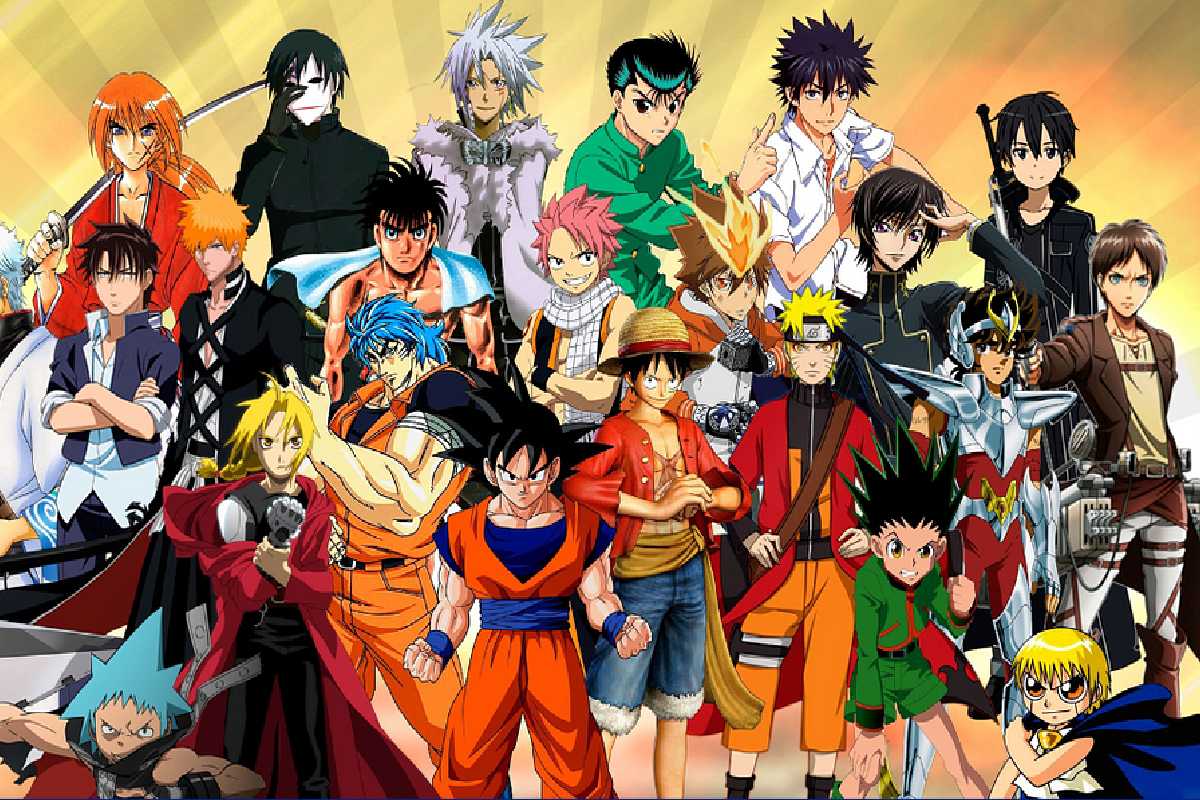Anime on Global Culture
Anime, the eclectic animated stories that once were the backbone of Japan’s underground culture, are not just for kids anymore. These complex narratives teeming with vibrant colors, intricate storylines, and fantastical characters, have journeyed far beyond Japan’s borders.
Today, anime has become a cultural zeitgeist, influencing societies across the globe and making a powerful imprint in various lifestyle domains, from fashion to business and education. But how did this “outsider” art form become a universal phenomenon?
Table of Contents
Anime: From Obscure Outsider to Universal Phenomenon
The rise of anime is a tale that’s brimming with intrigue. Born in Japan in the early 20th century, anime started as a subculture, burgeoning with experimental narratives, distinctive art styles, and evocative themes. It spoke to a limited audience, initially remaining secluded within the boundaries of its homeland.
With time, those invisible cultural barriers started to erode. The ‘80s and ‘90s marked the onset of the global spread of anime. Iconic series such as “Astro Boy” and “Speed Racer” went on to garner a substantial international viewership, kickstarting anime’s grand global adventure.
The Osaka train station, where you’ll find Osaka luggage storage for all your anime traveling needs, is rich with anime-inspired murals. Around the country and the globe, anime has become a staple of art and culture that is easily recognized and appreciated.
Landmark Anime Features and Series
Central to its global appeal are landmark anime features and globally renowned series that made a towering impact far beyond Japan’s coasts. From the heart-warming yet adventurous journey of a young witch in “Kiki’s Delivery Service” to the thrilling sparring matches in “Dragon Ball Z,” the narratives of anime have connected with a varied international audience.
These anime series and films have made the world sit up and acknowledge anime as an essential piece of global popular culture. Science fiction series like “Ghost in the Shell” and “Neon Genesis Evangelion” ask deep philosophical queries within their storylines, posing thought-provoking questions about humanity.
Studio Ghibli’s lush, evocative films under the leadership of Hayao Miyazaki, such as “Spirited Away” and “My Neighbor Totoro,” establish a universal language of emotive storytelling that transcends cultural boundaries. It also transcends age, with these films capturing the hearts of viewers young and old.
The Cultural Influence of Anime
The influence of anime can be seen far and wide, and it’s not limited just to the small or big screens. Cosplay, the art of dressing like anime characters, has become a major global trend, turning fans into characters and comic conventions into a fantastical display of anime fandom.
Anime-inspired merchandise, from action figures and posters to clothing pieces, are now mainstream consumer goods. The burgeoning of anime-themed cafes and streets, particularly in Japan, reflects the growing influence of anime on urban culture.
Even the music industry isn’t untouched by its magic. Artists are adopting anime styles in their music videos or using anime-inspired tracks. By transforming the global pop culture landscape, anime has broken barriers and built bridges, fostering a worldwide community of anime lovers who share their passion across languages and cultures.
Anime in the Education and Business World
The power of anime isn’t confined to establishing global fandoms. Its influence has reached areas as varied as education and business. On the educational front, anime and manga have emerged as influential tools in mastering the Japanese language and gaining insight into Japanese culture, fostering multilingualism and multicultural understanding.
The business world, too, is harnessing the potency of anime. Anime tourism has flourished, drawing travelers worldwide to Japan’s iconic sites linked to beloved shows and movies. Businesses in retail, hospitality, and entertainment sectors worldwide have used anime-based themes and merchandise to tap into the prodigious fan base.
Controversies and Challenges
Despite its meteoric rise and wide-reaching impact, the global spread of anime has not been devoid of controversies and challenges. Cultural nuances lost in translation can lead to misinterpretations and unintended stereotyping. Critics argue that some anime leans into harmful tropes and cliches, reinforcing problematic perspectives and attitudes.
The issue of piracy, too, poses a massive challenge. Unauthorized sharing and streaming of anime content affect studios and creators economically and undermine the art form’s overall quality and integrity.
Anime’s Trailblazing Journey and Future Possibilities
From being an obscure art form restricted within the boundaries of Japan to becoming a global phenomenon that resonates across continents, the journey of anime is nothing short of exceptional.
Anime has ingrained itself into modern pop culture, influencing industries from fashion and music to business and education. The future of anime holds immense growth and potential as it continues to push boundaries in content creation and community building.
We must tread this path while retaining the respect and integrity this rich art form so rightfully deserves. In essence, anime’s rise is a victory for diversity, a testament to the captivating power of storytelling, and an encouraging signpost pointing towards a more interconnected global culture.

